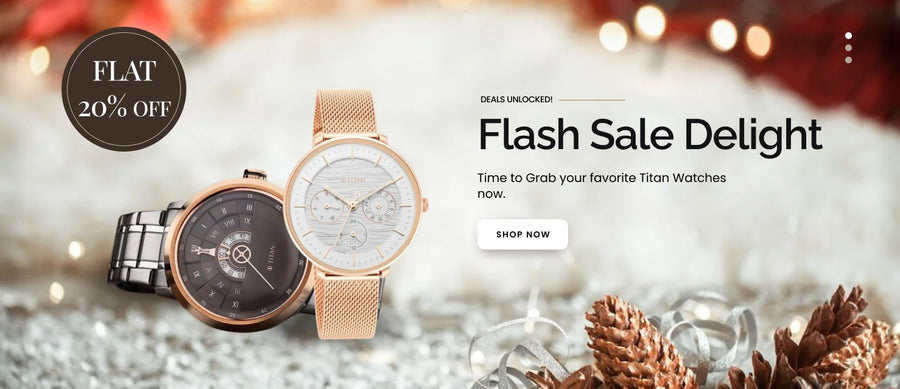One item that stands the test of time in a fast-paced world that is driven by fleeting trends and disposable goods is a luxury timepiece. In addition to serving a practical purpose, these exquisite accessories have a lasting value that transcends generations. Let's explore what makes luxury watches truly timeless pieces of art as we discover their perpetual allure.
The Evolution of Luxury Watches
Luxury watches have always been a symbol of status, wealth, and sophistication. They are not merely mere time-telling devices, but also works of art displaying exquisite craftsmanship and precision. In the 16th century, luxury watches were introduced to Europe for the first time.
Swiss watchmaker Patek Philippe created the first wristwatch in 1868, but wristwatches didn't become popular among men until the early 20th century. Prior to this, pocket watches were men's preferred timepieces.
During World War I, soldiers needed reliable timekeeping devices while on the battlefield, which led to an increased demand for these luxury watches.
Technology advanced along with luxury watches. In the 1920s, Rolex introduced waterproof watches, followed by its iconic Oyster Perpetual model in the 1940s – the first self-winding watch with waterproof case. By introducing this innovation, manual winding was eliminated, paving the way for modern automatic movements.
Quartz watches flooded the market in the late 1960s, threatening the future of traditional mechanical watchmaking. However, luxury watch brands survived by adapting to changing trends and focusing on quality over quantity.
While maintaining traditional craftsmanship techniques, luxury watchmakers have continued to push boundaries with cutting-edge technologies such as anti-magnetic movements and smartwatches.
A luxury watch is more than just a timepiece; it's a reflection of one's style and taste. Luxury watches are not only functional but also serve as investments, maintaining or even increasing in value over time.
In our modern world, luxury watches have remained relevant and valuable for a long time. With their timeless beauty and craftsmanship, luxury watches continue to captivate and inspire from humble beginnings in the 16th century to today's innovative and coveted timepieces.
What makes luxury watches so valuable?
For many, luxury watches have always been symbols of class, elegance, and sophistication, not just a time-telling device but also a status symbol. But what sets luxury watches apart is their ability to retain their value over time. While most luxury items may lose their value with use and time, luxury watches continue to hold onto their value or even appreciate in value. Why do luxury watches maintain their value? Let's take a closer look
Quality and craftsmanship:
Luxury watch brands have strict standards when it comes to choosing the materials used in creating each piece, which is one of the main reasons why luxury watches maintain their value. In addition to being durable, these materials are also valuable in their own right, including stainless steel and precious metals like gold and platinum. These timepieces are also distinguished by their intricate designs and complex mechanisms.Production limited to:
In contrast with mass-produced fashion accessories, luxury watches are often produced in limited quantities. This exclusivity adds to the value of these coveted items.Reputation of a brand:
The reputation of luxury watch brands for excellence, precision, and innovation is built over years. As consumers are willing to pay a premium for products from reputable brands such as Rolex, or Omega, this brand recognition plays an important role in retaining the value of these timepieces.Value of investment:
Most buyers view purchasing a luxury watch as an investment rather than an extravagant purchase. Unlike other material possessions that can depreciate over time or go out of style, luxury watches tend to hold their value or even increase in value with age – making them an attractive investment.Servicing and maintenance:
The proper maintenance and servicing of luxury watches by authorized dealers or watchmakers is another factor contributing to their longevity. Regular maintenance and repairs can help keep these timepieces in top condition and preserve their value, even though they are designed to last for years.Several factors contribute to the value of luxury watches, including superior craftsmanship, limited production, brand reputation, investment potential, and proper maintenance. They are not just fashionable accessories but also tangible assets that can be passed down through generations. A luxury watch is always a wise investment, whether you are looking to make a statement or invest in something timeless.






